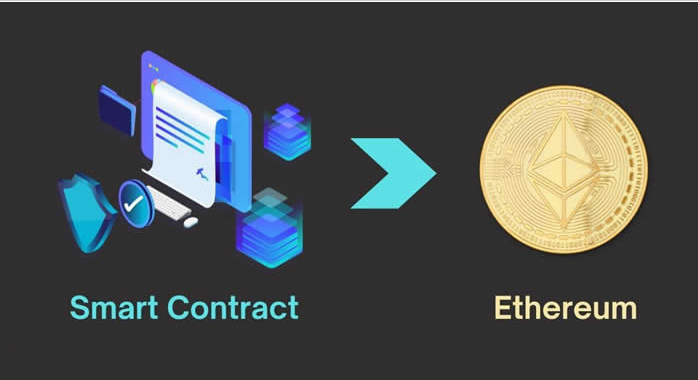Ethereum contract trading is a trustless trading method based on blockchain technology, enabling the exchange of various digital assets through the Ethereum network. In Ethereum contract trading, both parties can complete the exchange of digital assets without the need for intermediaries. So, what are the tips for Ethereum contract trading? This article shares five tips, so let's take a look.
Ethereum is increasingly occupying an important position in the digital currency market today, not only because it compensates for Bitcoin’s scalability shortcomings but also due to its considerable investment value and promising investment prospects. Ethereum is an open platform that allows developers to build and deploy smart contracts. Ethereum contract trading is an important part of the digital currency field, and mastering some tips can help investors better engage in contract trading. So what are the tips for Ethereum contract trading? There are 5 tips for Ethereum contract trading, and Awen will analyze them for everyone.

What are the tips for Ethereum contract trading?
There are 5 tips for Ethereum contract trading. Through these tips, investors can better engage in contract trading. The specific details of Ethereum contract trading tips are as follows:
1. Understand the functions and logic of the contract: Before engaging in Ethereum contract trading, it is essential to understand the functions and logic of the contract. Read the contract code and documentation to ensure you understand the contract's purpose, input parameters, and expected outcomes. This will help you better evaluate the contract’s value and risks.
2. Assess the security of the contract: Security is a particularly important factor to focus on when engaging in contract trading. Vulnerabilities or errors in the contract may lead to loss of funds or other adverse consequences. Therefore, it is crucial to assess the security of the contract before choosing one for trading. Review the contract's audit reports, community feedback, and the reputation of the developers to ensure the reliability of the contract.
3. Set appropriate gas fees: Ethereum contract trading requires payment of gas fees to incentivize miners to verify and package transactions. Setting appropriate gas fees is key to ensuring that transactions are processed in a timely manner. If the gas fee set is too low, the transaction may be delayed or ignored by miners. Conversely, setting the gas fee too high may waste funds. Understand the current market conditions for gas fees and set appropriate gas fees based on the urgency of the transaction and expected processing time.
4. Use appropriate trading tools and platforms: Choosing the right trading tools and platforms can enhance the efficiency and convenience of trading. There are many Ethereum wallets and trading platforms available that offer different functionalities and user experiences. Based on your needs and preferences, select a secure and reliable trading tool and platform, and familiarize yourself with its usage.
5. Closely monitor market dynamics and contract changes: The Ethereum ecosystem is a rapidly developing field, and contract and market conditions may change. Keeping a close eye on market dynamics and contract updates can help you timely adjust your trading strategies and risk management measures. Participate in community discussions and follow official channels and social media of projects to get the latest information.
Can Ethereum contract trading make money?
Ethereum contract trading can be profitable; however, there are not many investors who make money. Ethereum contract trading can execute various functions such as transfers, voting, market predictions, etc. Although Ethereum contract trading offers some profit opportunities, there are also the following risks:
1. Technical risks: Ethereum contract trading requires a certain level of technical knowledge and programming skills. If users are not familiar with writing and executing smart contracts, they may face technical risks, such as contract vulnerabilities and code errors.
2. Market risks: The cryptocurrency market is a highly volatile market, and prices may experience significant fluctuations. If users do not have sufficient market insight and risk management abilities, they may face market risks.
3. Compliance risks: Ethereum contract trading may be subject to regulation by authorities. In certain countries or regions, contract trading may be restricted or prohibited. Users need to understand and comply with local laws and regulations before engaging in contract trading.
The above content is a detailed answer from Awen regarding the tips for Ethereum contract trading. In general, Ethereum contract trading is a complex and opportunity-filled field that can provide profit opportunities for investors but also carries certain risks. Investors need to be aware that the cryptocurrency market is a constantly evolving and changing field. Regardless of which cryptocurrency is chosen for investment, careful assessment and management are needed. Read the contract documentation and code carefully, understand the details and risks of the transaction, and make informed decisions based on your risk tolerance and investment goals.
$ETH $

